Eyes, JAPAN
Eyes, JAPAN Employee Interview [Vol. 22]
Angelita
The special series to put a spotlight on our international staff, “Eyes, JAPAN Employee Interview” is back! Our 22nd interviewee is Mohamed Maatar from Tunisia.
He has been working in Eyes, JAPAN for a year, and we would like to ask him about his experience in living in Japan and working in Eyes, JAPAN!
(Interviewer: Angie)
Loves to Tell Jokes
What is your favorite thing about your home country or home town?
Maatar: I love the food and weather and how people always tell jokes.
Why did you come to Japan and what do you like about Japan?
Maatar: I came to Japan for my PhD. And I like the culture; people are very helpful and respectful.
What do you think about life in Aizu and what is your favorite way of spending the weekend in Aizu?
Maatar: I love it for its simplicity. Not crowded city, and in a very nice area. On weekends, usually, I work on my research at home in the day. and later meet friends and go somewhere out, to izakaya or park.
What is your hobby and how do you usually spend your free time?
Maatar: I love going out and spending time with friends or playing video games with friends.
Do you have any things or skills that you are proud of?
Maatar: I know how to tell jokes. It is amazing because it changes the mood of people and makes everyone happy. I love that.
What is your academic background?
Maatar: I did computer science and software engineering, then a Master in Data Science now I am doing a PhD in neuromorphic computing
What do you think is the current most trending topic in the field of technology?
Maatar: How to reduce the power consumption of AI models while going towards bigger models and aiming for artificial general intelligence (AGI)
Loves the Mood and People in Eyes, JAPAN
How did you know about Eyes, JAPAN and why did you decide to join Eyes, JAPAN?
Maatar: I know about Eyes, JAPAN because a friend of mine works there. And I decided to join EJ for 3 main reasons. First one is to gain some money. Second, meet people and have a professional network. Finally, to gain experience.
What is your role and what kind of projects have you been working on in Eyes, JAPAN?
Maatar: As a part-timer at EJ, I am working on a project that aims to help the diagnosis of Parkinson disease. I am refactoring the code base of the ML part, and then work on the data analysis part.
Could you let us know your most memorable project in Eyes, JAPAN?
Maatar: I didn’t have the opportunity to work on multiple projects unfortunately. But The PD project is very interesting.
What customs in Eyes, JAPAN that you like the most?
Maatar: One of the most things I love about EJ, is the respect of the student’s life. One of the first things I was told when I talked to Yamadera-san was “We want you to focus on your research and when you have time you can work”. I think that’s very important. Besides that, the freedom to work whenever you want. I also like the random parties that we have such as the barbecue, the apple picking and the welcome/farewell parties at the office. Another thing is people in EJ are diverse which gave me the opportunity to know more about other people cultures and countries. Last thing is the weekly presentations, it gives the opportunity to learn something new or to see something interesting every week.
What do you think about your colleagues and the working environment in Eyes, JAPAN?
Maatar: Love the mood and people here. Everyone is fun to talk to. Also love the working environment, it is really cool and that helps for productivity. No unnecessary pressure and if you needed help you have colleagues that are very helpful.
What do you think about working at the company and working at home?
Maatar: They are almost the same but working in the company I think is better for productivity and also because of the resources we have such as monitors and meeting materials.
What kind of problems or challenges have you faced while working in Eyes, JAPAN, and how did you solve it?
Maatar: I had to work with tools that I never used before. And things got technically complicated. As I mentioned earlier, people are very helpful, so I asked for help. And then all was good. Besides that, in research sometimes it gets messy, and I need time to focus on it. I just have to inform in advance.
Biggest Motivation to Study: Curiosity
Have you experienced any culture shock while working in Japan?
Maatar: Actually yes, I never thought that it will be this cool to work here. I imagined it to be more strict, and work is the most important thing, and to have like a tight schedule with no flexibility. But, in EJ it is not like that at all. The most important thing is communication and sharing the information if you’ll be late or can’t work. That was surprising for me.
Can you give some pros and/or cons of working at a Japanese company?
Maatar: From what I experienced so far, the most impressive pros of working at a Japanese company are the communication culture between colleagues or with the customers during the meetings along with the discipline and management (time, schedules, etc…). In terms of cons for a Japanese company, I didn’t encounter any personally. However, from what some people that I met, the slow professional development of the individuals due to the hierarchical structures adopted in most of companies. So, I guess, depending on the company culture each one can find pros and cons, yet the discipline and respect will be always granted.
How do you balance your working and private time?
Maatar: Usually, I work one day a week, go to university 4 days and the weekend is improvised. Depending on the priorities, some weekends I work remotely or do research related things (reading or experiences), some others I just rest/play video games or go out with friends or travel.
What kind of project do you want to work on in the future?
Maatar: I am open to different kind of artificial intelligence projects. Preferably, the projects would be related to healthcare, green energy or environment in general or finance.
Any advice for people who wants to work in Japan?
Maatar: I think there is two important things to prepare before working in Japan:
1) Language: It is preferrable to have basic language skills, even some words that you will use daily. Also, to be able to read hiragana and katakana will be good help to not feel lost. If you learn to write that would be amazing.
2) Know the culture: The Japanese culture is very different from the western culture. Some things that you see people do in Europe can be seen as rude in Japan, and that will not help you to integrate the society.
Also, be prepared to be amazed by how helpful and nice Japanese people are.
What motivates you to keep working or studying?
Maatar: Curiosity is one of the biggest motivations for my studies. I am always willing to learn about technology, how is it used and how to improve it. That what made me enrolled in a PhD Program. Working in a company, such Eyes Japan, helps me to implement these new technologies into real word cases and projects.
Lastly, what is your dream?
Maatar: Be a self-employed person who can provide and spend quality time with his family and friends. Make a great impact in the community I live in (if possible, to humanity). Be better.
Thank you!
If you are interested in Eyes, JAPAN and would like to hear other stories, please do not hesitate to contact us at the following contact form.
Everyone welcome.

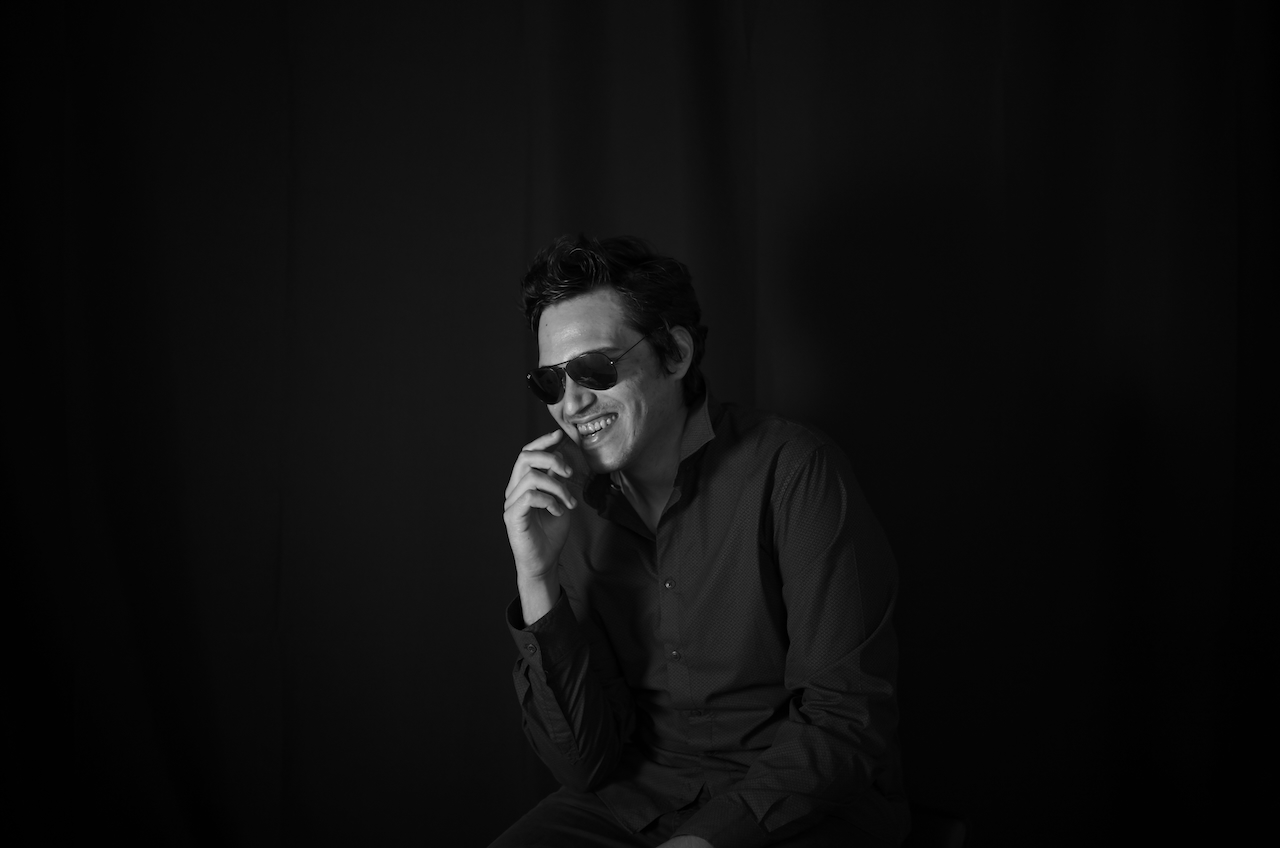
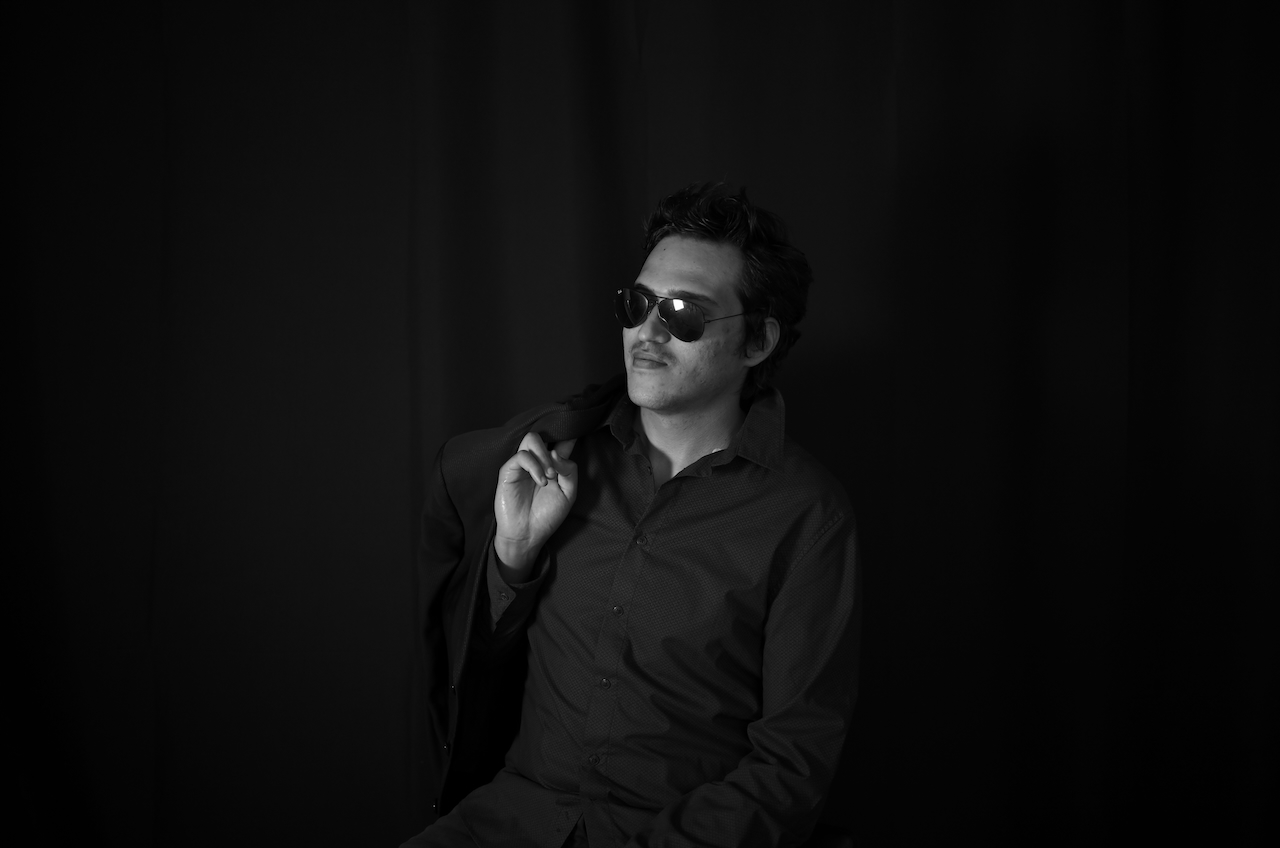
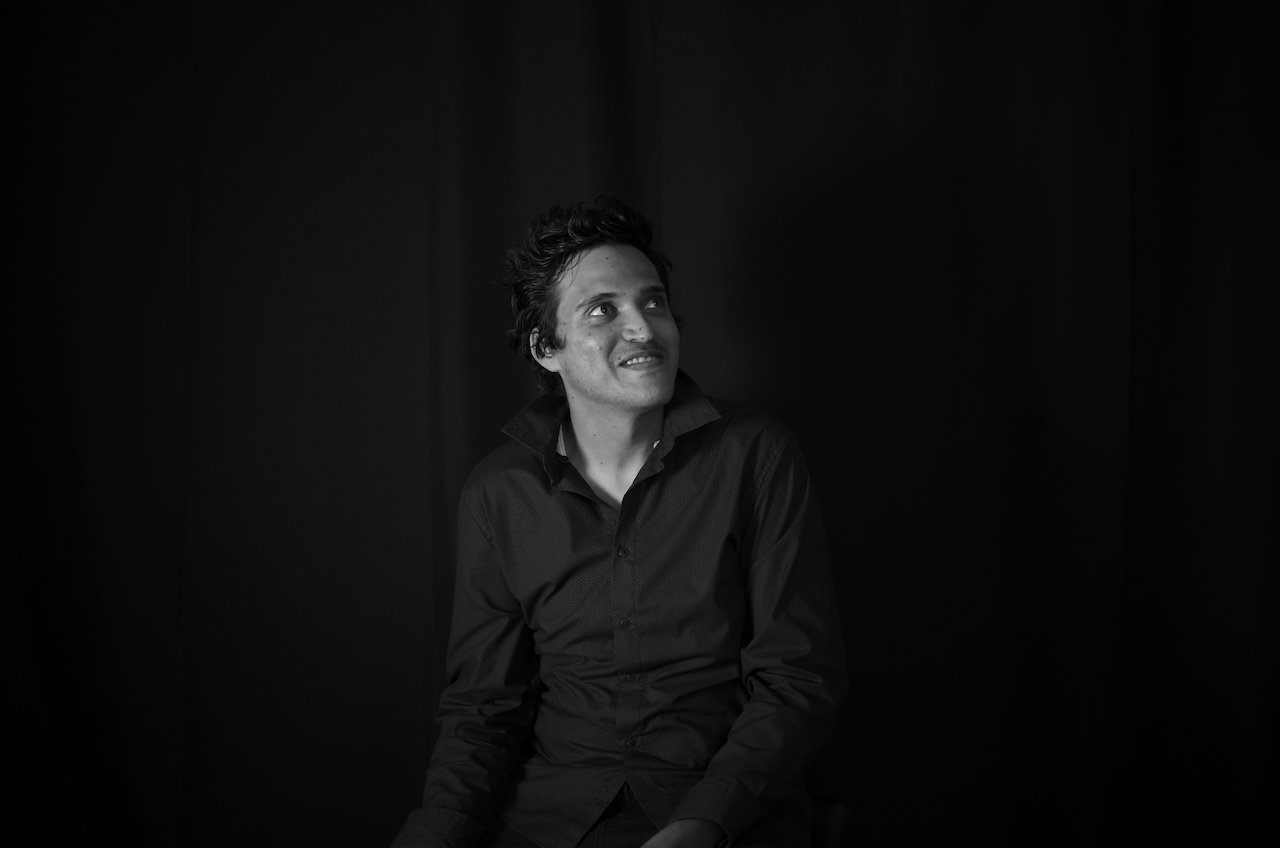
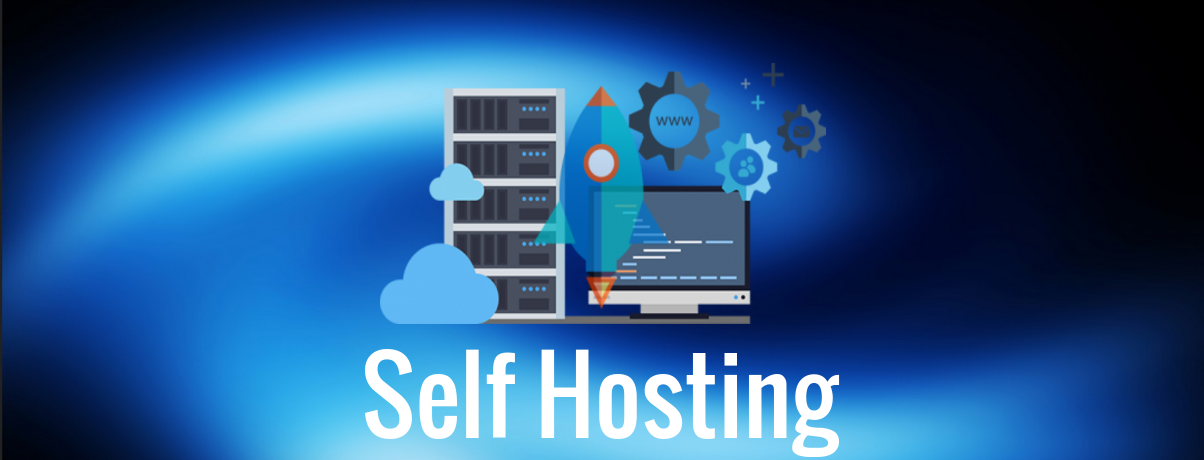 2026/01/23
2026/01/23 2025/12/12
2025/12/12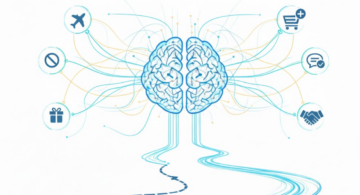 2025/12/07
2025/12/07 2025/11/06
2025/11/06 2025/10/31
2025/10/31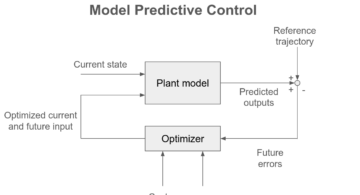 2025/10/24
2025/10/24 2025/10/03
2025/10/03 2025/08/30
2025/08/30